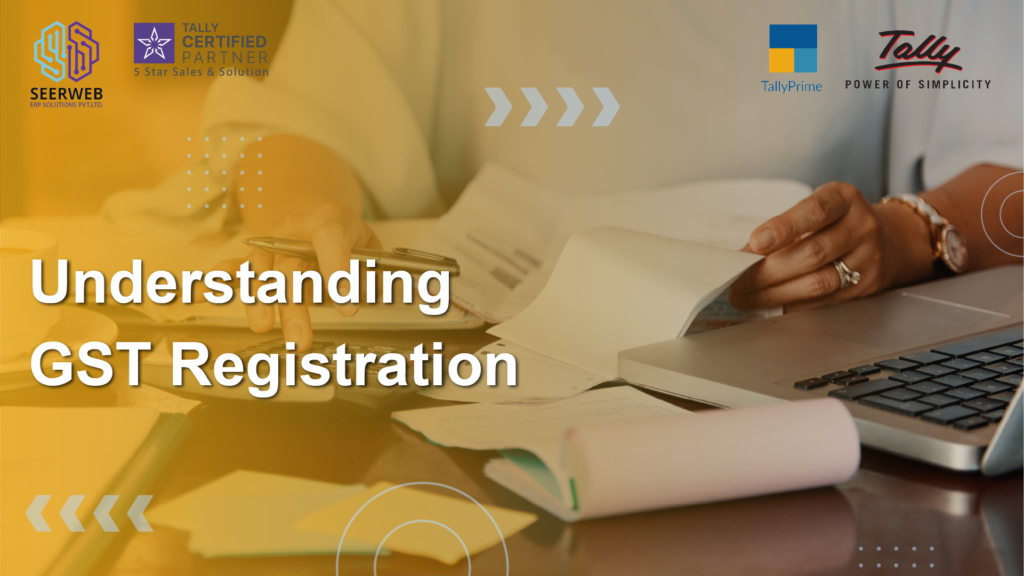In India, the question of whether small enterprises need to register for Goods and Services Tax (GST) often arises. With the implementation of GST on July 1, 2017, the tax landscape underwent a significant transformation, aiming to streamline taxation procedures and create a unified national market. But what does GST registration entail for small businesses?

What is Goods and Services Tax (GST)?
GST is a comprehensive indirect tax system introduced in India to replace the previous complex tax structure. It unifies various indirect taxes levied by the central and state governments, promoting ease of doing business and eliminating cascading effects. Under GST, businesses collect and remit tax on taxable supplies, with the tax levied at the point of consumption.
Is GST Registration Mandatory for Small Businesses?
Small businesses must register for GST if their annual turnover exceeds specific threshold limits. As per current regulations, businesses operating within most states must register for GST if their turnover exceeds ₹40 lakhs (₹10 lakhs for certain states). Additionally, interstate suppliers and e-commerce operators must register for GST irrespective of turnover.
Benefits of GST Registration for Small Businesses
Input Tax Credit:
Registered businesses can claim input tax credit on their purchases, allowing them to offset the tax paid on inputs against the tax collected on outputs.
Compliance Requirements:
GST registration necessitates maintaining proper books of accounts, issuing tax invoices for taxable supplies, and filing regular GST returns, enhancing transparency and compliance.
Supply Chain Management:
GST simplifies interstate movement of goods, leading to improved supply chain management and logistics operations.
How to Apply for GST Registration?
Access the GST Portal:
Go to www.gst.gov.in and locate the ‘Services’ section.
Initiate New Registration:
Click on ‘New Registration’ and proceed by selecting the option again on the subsequent page.
Provide Required Information:
Fill in essential details, including PAN (Permanent Account Number), email address, and mobile number. You will receive an OTP (One-Time Password) for verification.
Verify Your Identity:
Complete the verification process by entering the OTP received on your registered mobile number.
Complete Application Form:
Proceed to fill in the registration application with business-related information such as business name, address, and bank account details.
Upload Documents:
Upload necessary documents such as PAN card, address proof, and identity proof of the proprietor/partners/directors.
Receive Application Reference Number (ARN):
Upon submission, you will receive an Application Reference Number (ARN). Use this number to track the status of your application.
Navigating GST Registration: Professional Guidance
Seeking professional advice from tax consultants or experts can assist small businesses in navigating the GST registration process and understanding the associated implications. While GST registration is not mandatory for all small businesses, it offers various benefits, including enhanced credibility and access to input tax credit.
Conclusion
Understanding the requirements and implications of GST registration is essential for small businesses in India. While GST registration may not be mandatory for all, evaluating the benefits and compliance requirements can help small businesses make informed decisions regarding GST compliance and taxation.
